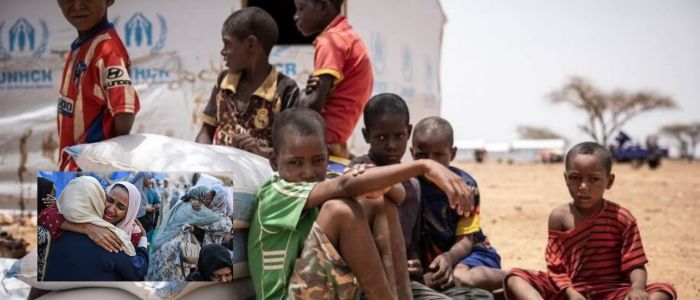
Lengthy Conflicts Fuel the Crisis
UNHCR cites protracted conflicts that people flee, such as the civil wars in South Sudan and Myanmar and the war in Ukraine. The group warns of a “persistent failure to halt the fighting,” a failure that has prolonged suffering for millions. The displacement includes 73.5 million people who have fled to other locations inside their home countries and others who have crossed borders in search of safety. Sudan is currently characterized as the world's most severe humanitarian crisis.
The Other Good News: Returns Provide Hope for Coalition Cuts
Despite the grim outlook, the report points to a few hopeful trends. Almost 2 million Syrians were able to return to their country in 2024 after more than a decade of fighting. A total of 9.8 million refugees returned to their countries of origin in 2006, a marked rise from previous years. But places such as Syria are still unstable, and those families who are returning home will still need assistance to rebuild their lives.
By contrast, funding for refugee assistance is at its lowest level since 2015. According to the UNHCR, this is an “untenable” situation that further exposes displaced people to additional risks. The agency did not identify particular donors that have cut back contributions but said spending priorities had changed, with a number of countries investing more in defense and less in humanitarian aid. The increasing number of refugees is now out of control UNHCR.









